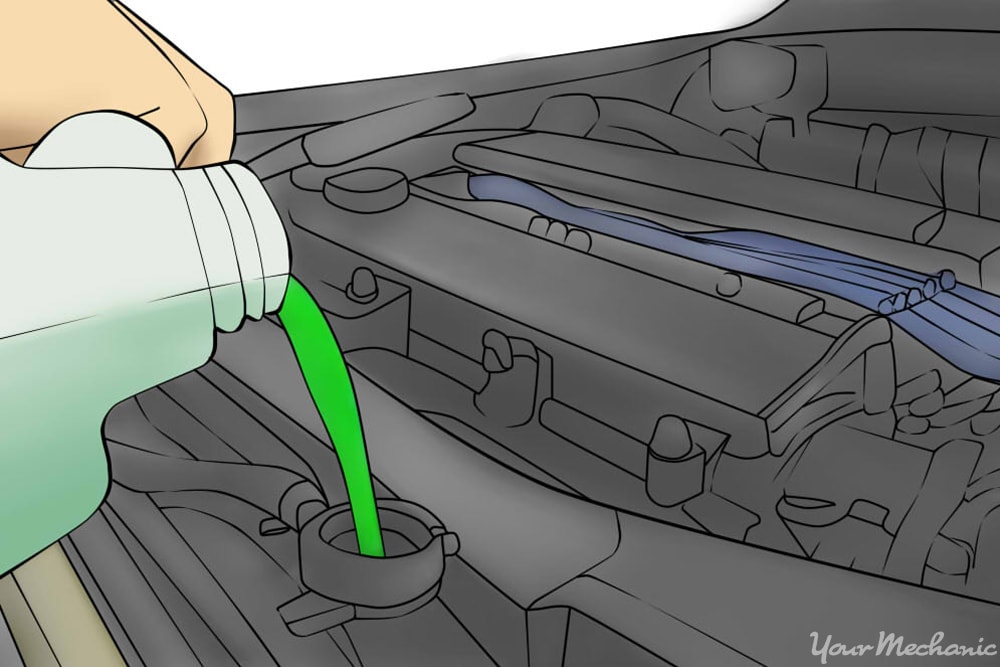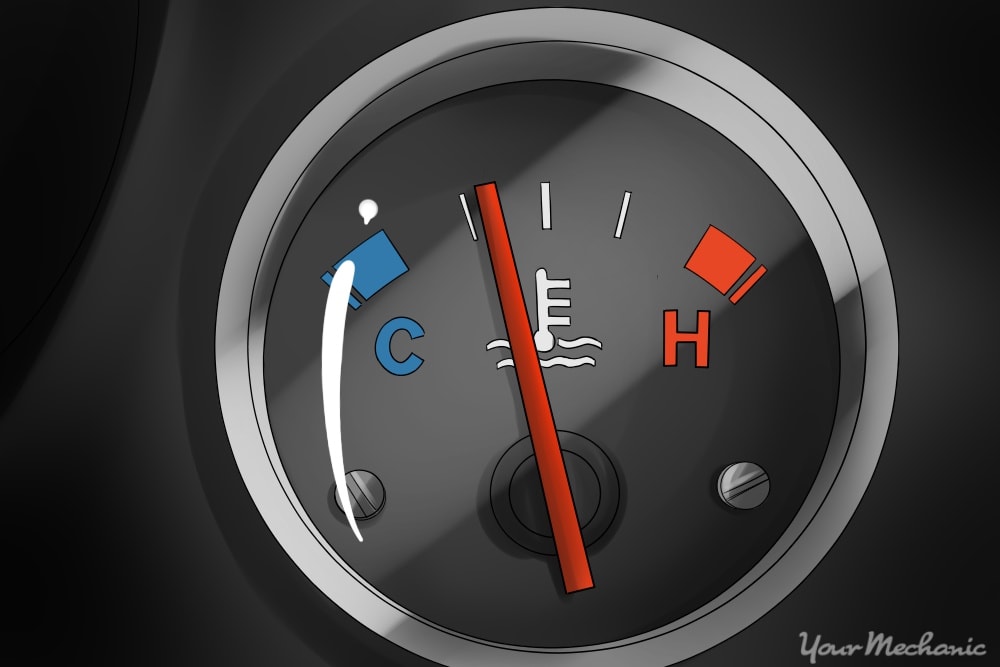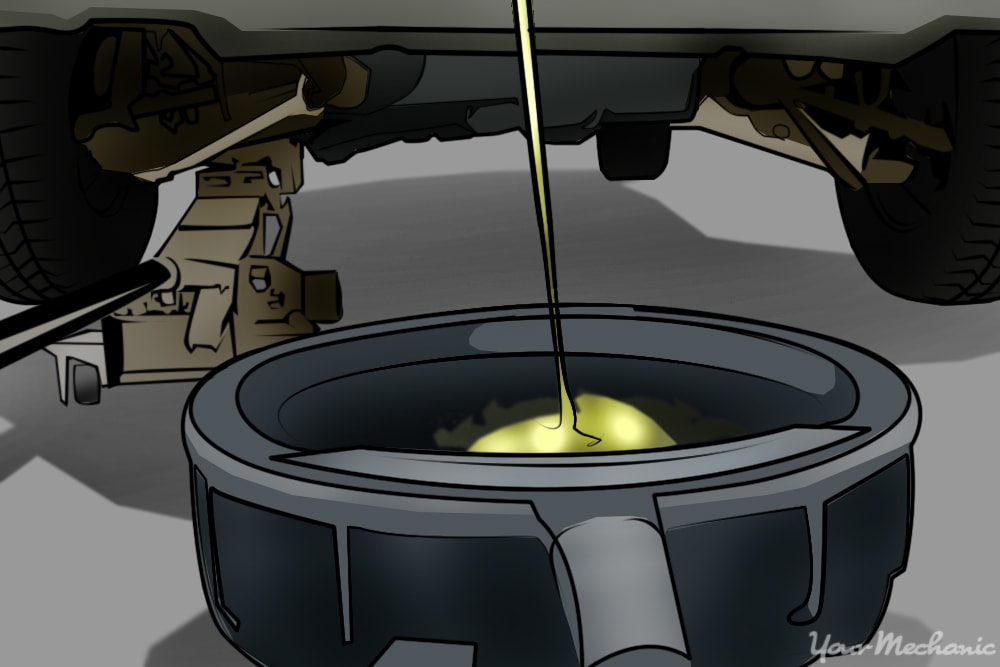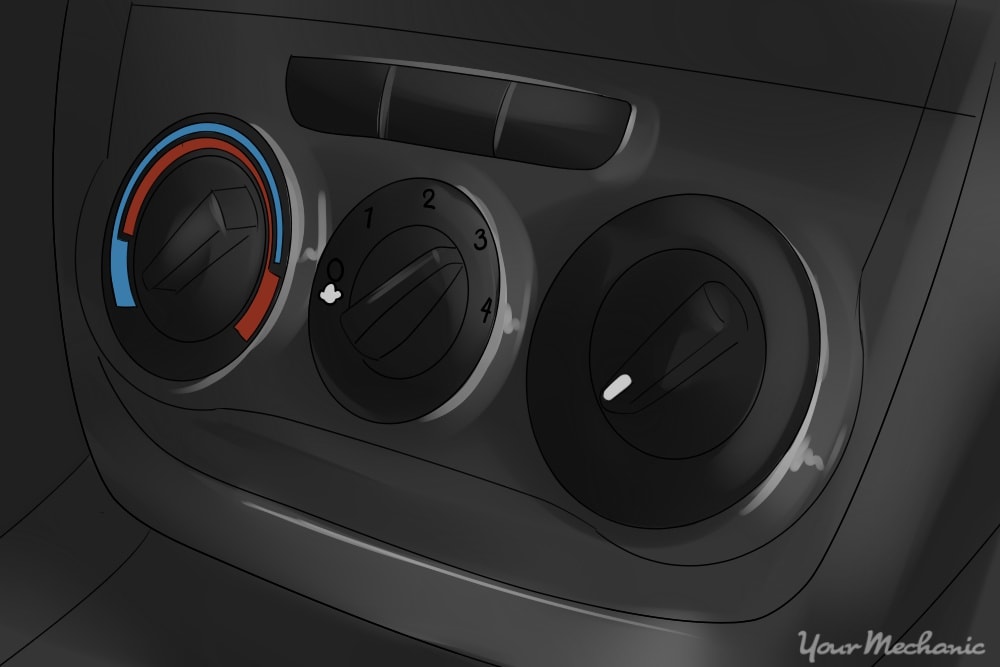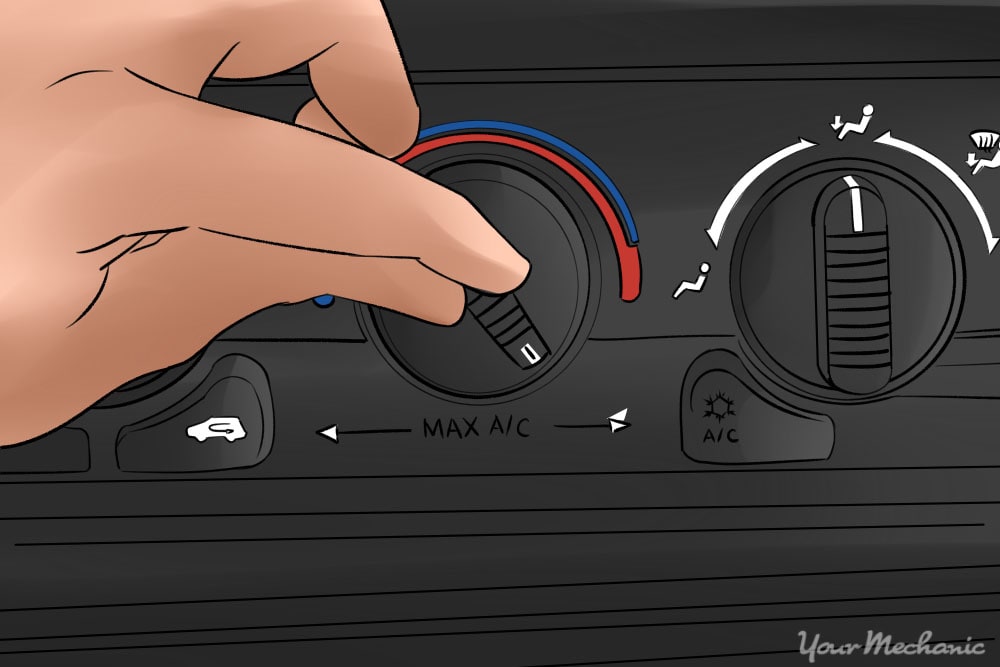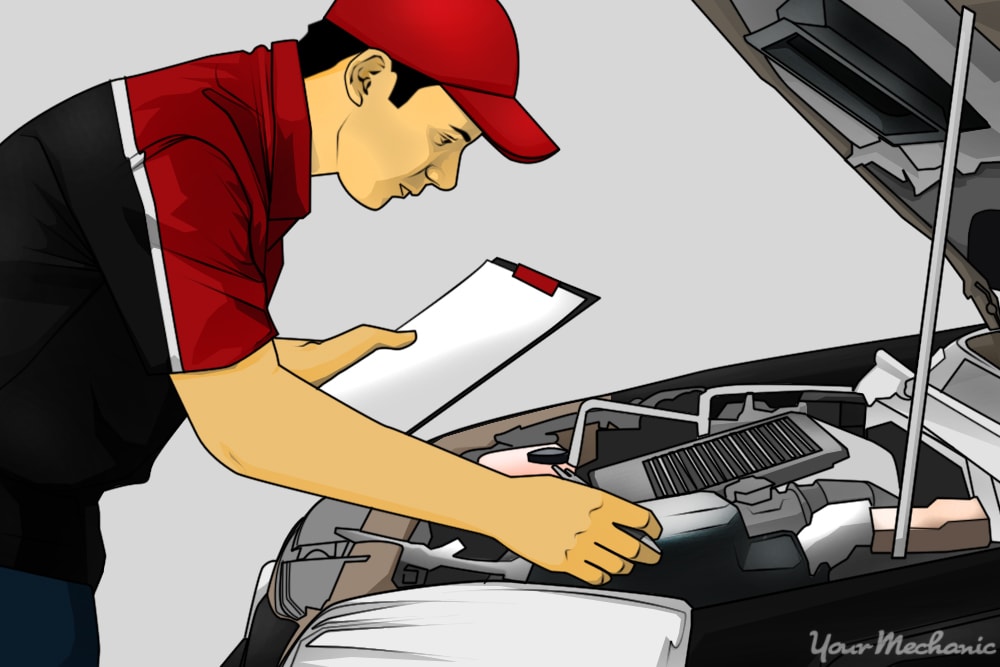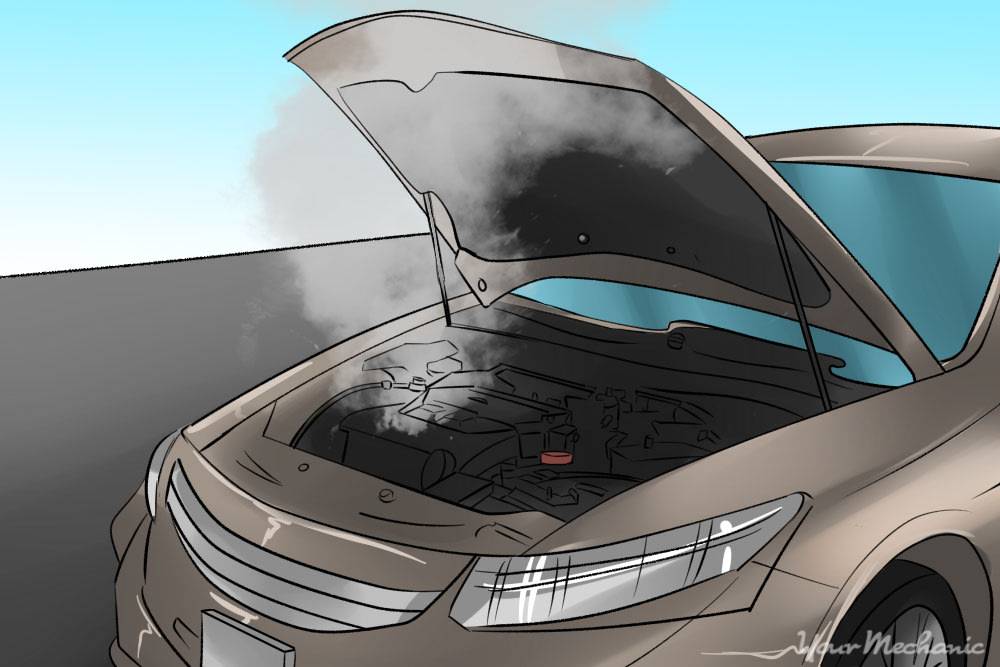

Summer is the most popular time of the year for road trips, camping weekends, and sunny beach days. Summer also means rising temperatures, which can be hard on cars, leading to Many people rely on their cars to get them to their destinations, and usually traffic is the biggest concern on their minds. There is another potential concern though – on particularly hot days, or in particularly hot areas, there is a real risk of overheating your car with normal use. Compiled here is a list of the best ways to prevent having an unhappy car full of unhappy passengers.
Check your coolant level, and top off if necessary
Engine coolant is the fluid running through your engine to regulate the operating temperature and prevent it from overheating. If the level is below the minimum mark on the reservoir, then there is a significant risk of overheating your engine. A low coolant level also indicates that there is a coolant leak, and you have have the car inspected by a professional technician. Check the rest of your fluids while you’re at it, as they are all vitally important as well.
Always monitor your car’s temperature gauge
Your car or truck likely has a plethora of gauges and indicator lights to warn you of any problems with your vehicle. These gauges should not be ignored, as they can offer very valuable information into the state of your vehicle. You can use the temperature gauge to see if the engine is even starting to run too warm, which can be indicative of a problem. If your car is not equipped with a temperature gauge, you should consider getting an aftermarket digital gauge assembly that plugs right into your OBD port, and provides you with heaps of useful information.
Have regular coolant flushes performed by a qualified technician
Coolant flushes are considered routine maintenance for most cars, so it’s important to make sure that these maintenance services are performed completely and in a timely manner. If coolant flushes are not part of your scheduled maintenance, or you’re not performing the scheduled maintenance services, then I would recommend changing your coolant regularly. If the manufacturer doesn’t specify an interval, or it seems too long, I suggest every 50,000 miles or 5 years, whichever comes first.
Turn off the air conditioning in very hot conditions
Although this seems cruel and inhumane, using your air conditioner when it’s extremely hot outside can help cause your vehicle to overheat. When the air conditioning is running, it places a lot of extra strain on the engine, causing it to work harder, and in turn hotter. As the engine heats up, so does the coolant. If it’s very hot outside, the coolant can’t dissipate that heat as effectively, and eventually results in the vehicle overheating. So although turning off your A/C might be uncomfortable, it could keep your car from overheating.
Use your heater on to help cool the engine
If your engine does start to overheat or run too hot, turning your heater on max temperature and max speed can help cool it down. The heater core is heated by engine coolant, so turning the heat and blower motor to max has the same effect as air flowing across the radiator, just on a smaller scale.
Have your vehicle thoroughly inspected
It’s always a good idea to have your vehicle thoroughly inspected at the beginning of the season, before any big road trips or strenuous drives. Have a qualified technician look over the entire car, checking the hoses, belts, suspension, brakes, tires, cooling system components, engine components and everything else for damage or any other potential problems. This will help you catch any problems and repair them before they become major problems that leave you stranded somewhere.
Following a proper maintenance schedule year round and performing repairs as necessary are the best ways to keep your car in great shape. Even with this in mind though, there is no way to guarantee that a vehicle will go the entire summer without any problems. Hopefully these tips will help prevent an overheating car from ruining your summer plans.


